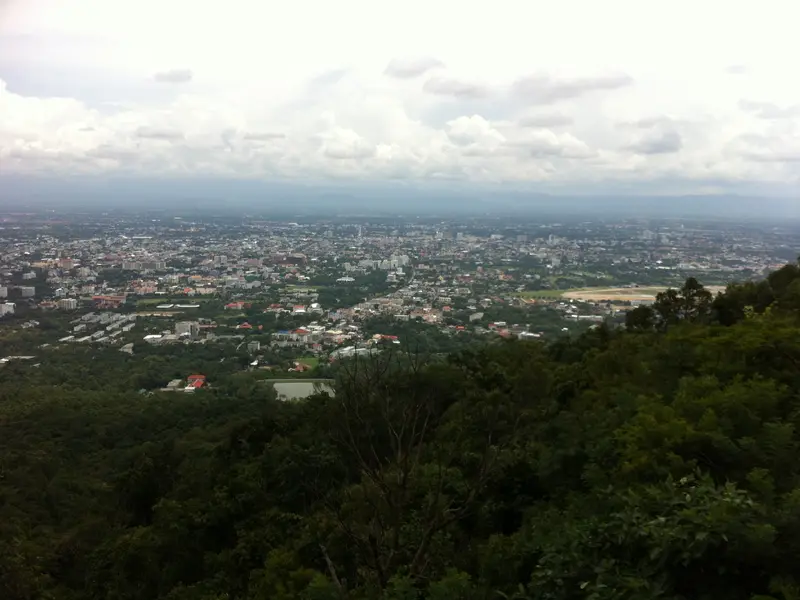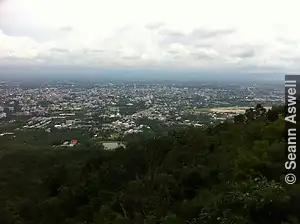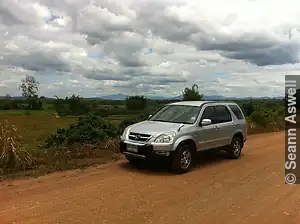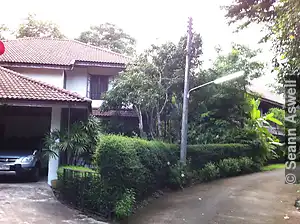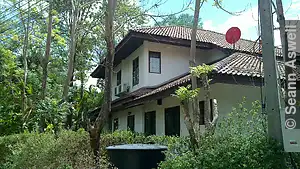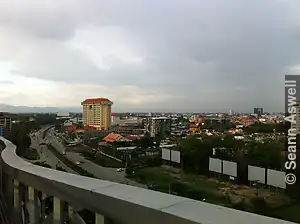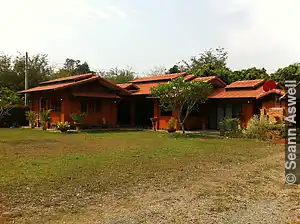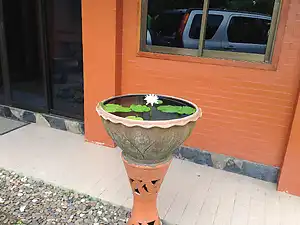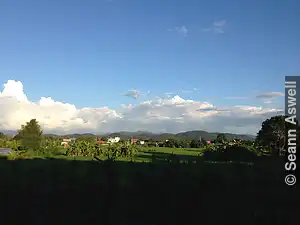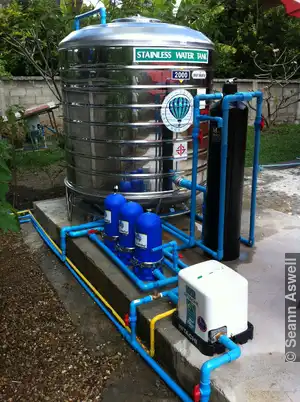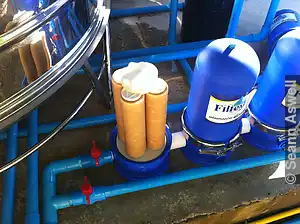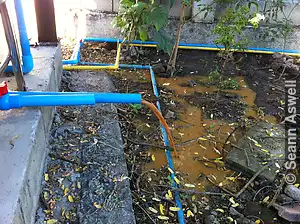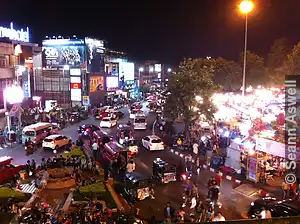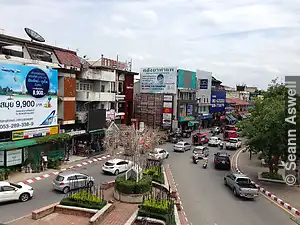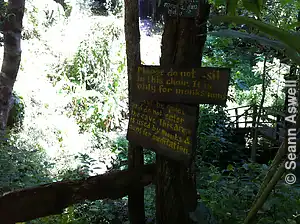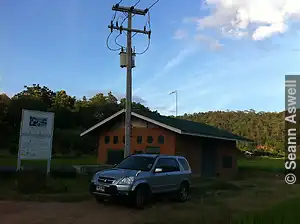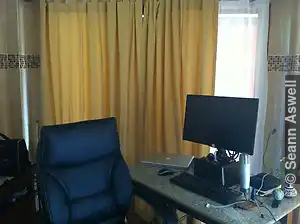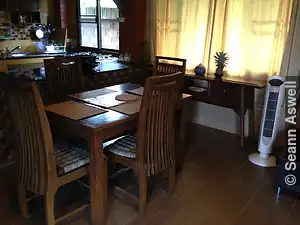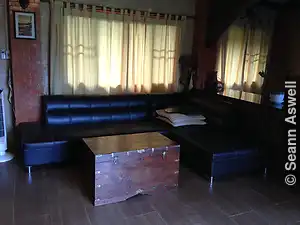Life in Thailand
Quora Question: How is Thailand for a foreigner to settle down?
Living in Thailand varies greatly, there are beaches and busy cities, mountain towns and rural villages. Some people maintain the lifestyle they had while back home, others learn to live more like the locals in order to save money.
In our case, on our second trip to Thailand in 2015, we knew what to expect and came prepared. We prefer the mountains and cooler weather, so we landed in Chiang Mai.
Since I had been in a motorbike accident on our first visit, we decided it was safer to drive a car. We found a dealer maintained Honda CRV with low mileage for about 300,000 baht, or around $9k USD, thanks to the good people at Expat Auto.
Our grocery shopping was mostly done at Rimping, as they had organic vegetables. We also visited the JJ Sunday organic market every week to stock up on bulk fruits and vegetables. Heavy pesticide and herbicide use is common in Thailand, and both Rimping and the organic market do random testing for pesticides. We made organic a priority as opposed to a nice to have thing, in order to minimize our toxic load.
We did get a lot of attention during our daily walks thru the neighborhood, and during trips to the local farmers market, but everyone was very helpful and friendly, and there were many opportunities to practice speaking Thai.
However, we did have to install a water purification system, as the village water came out of the tap a bit too cloudy. Most of the neighbors had some sort of purification, so we worked out a deal with the owner to have a system installed by paying several months rent in advance. When we ultimately left, the owner and future tenants would benefit. So, I worked with a company to design a 3-stage system that purified and stored water, and fed it to all faucets on the property. (with a bypass for landscaping)
The company initially recommended the large black sediment pre-filter, which I thought wasn't needed. However...
A few days after the system was installed, the pre-filters were already turning brown, due to all of the dirt in the village water supply. The company then brought out the black sediment filter, which became the first line of defense, preventing these filters from being clogged so quickly. Changing the media in the tall canister once a year, and backflushing the system once every few weeks, was a lot easier and less expensive than changing out these filters every week. The brown stuff in the picture below is captured dirt being back-flushed out of the first stage filter.
And, we were also shown one of the rural power development projects sponsored by the former King, Rama IX. In this case it was an older dam which fed the power house below, which our host helped remodel.
We worked on personal projects during our 15 months there, she wrote a book and I did extensive R&D on an upcoming electronics venture. Both of our projects flowed pretty effortlessly, mainly because of the low-stress lifestyle we were fortunate enough to create for ourselves.
Ultimately we did re-create much of our western way of life, driving a car everywhere and keeping mostly to ourselves, but were able to live very comfortably, for considerably less than it costs in the US. Other than initial large purchases like the car and household items, we lived very comfortably on less than $2k USD a month.
It’s not for everyone, but for us it worked quite well, for a while. There are definitely downsides, especially if you don’t have a business visa or are under 50 and can’t get a retirement visa, plus for us it was a 14 hour plane ride from family (or to change visa types), so for those and a few other reasons, we ultimately left. However, much good came from the experience, and I look forward to returning at least for a visit, at some point in the not to distant future…
